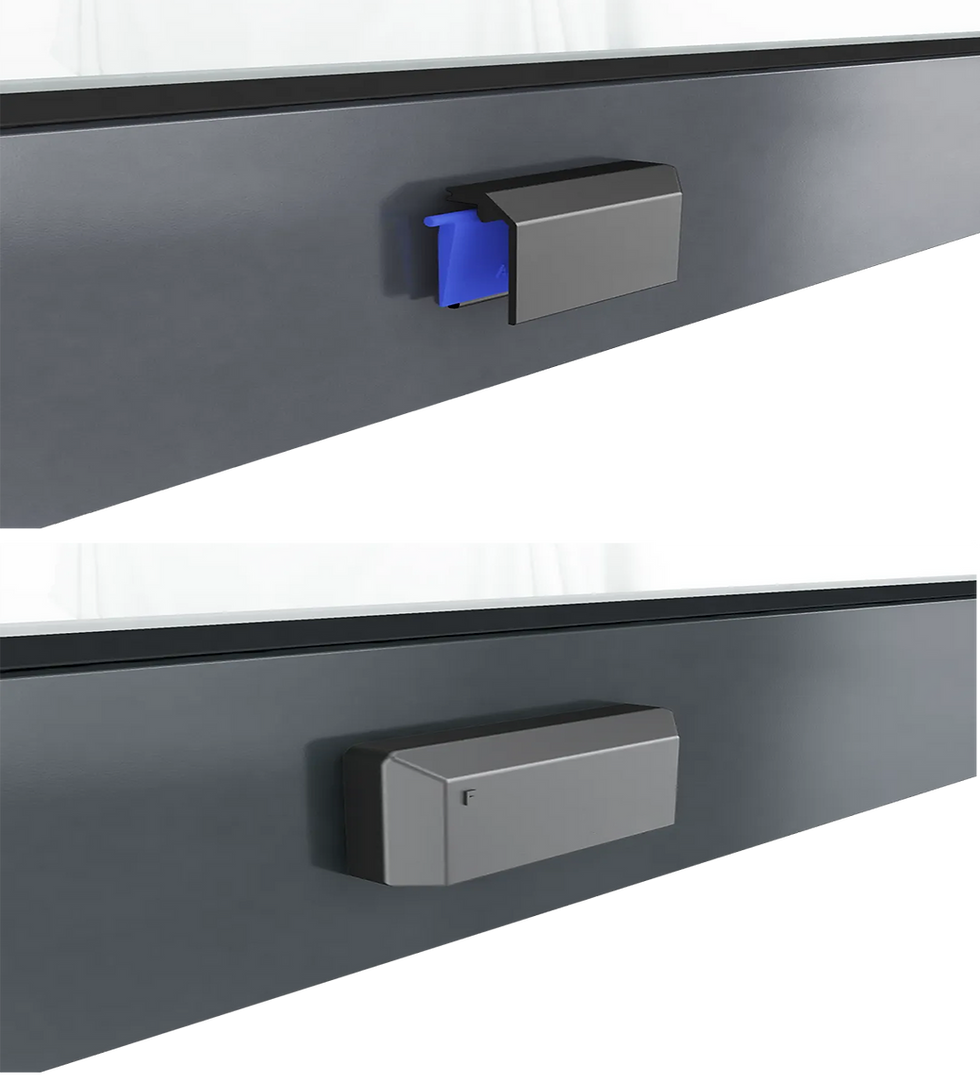Exploring Water Tightness in Doors and Windows system: A Breakdown of 6 Influencing Factors
- BEATUS
- Oct 10, 2024
- 3 min read
Updated: Oct 21, 2024

In the context of system doors and windows, air tightness, water tightness, and wind resistance are the three fundamental and most important performance indicators.
Among these, water tightness is a crucial consideration.
Here are 6 aspects to analyze the water tightness of Australian standard doors and windows:
Classification of Water Tightness Performance of Doors and Windows
The classification and requirements for the water tightness performance of building doors and windows are based on the pressure differential (ΔP) that indicates the onset of significant leakage.
This classification ranges from Level 1 to Level 6, with six levels in total. The water tightness performance classification and index values for building doors and windows should comply with the specifications outlined in Table 1.
Classification | 1 | 2 | 3 | 4 | 5 | 6 |
Classification Indicator Value | 100≤ΔP≤150 | 150≤ΔP≤250 | 250≤ΔP≤350 | 350≤ΔP≤500 | 500≤ΔP≤700 | ΔP≤700 |
Table 1: Classification of Water Tightness Performance of Doors and Windows
Under the performance classification index ΔP, external doors and windows should not exhibit leakage. The water tightness performance value ΔP for external doors should not be less than 150 Pa, while for external windows, it should not be less than 250 Pa.

01 Sealing Strips
Made from EPDM material, ensuring excellent elasticity and aging resistance.
The woven design improves the rebound of the sealing strip after installation, thus enhancing the overall sealing effect of doors and windows.

02 Edge Treatment
The upper and lower edges are weak points in sealing.
Beatus has specially developed upper and lower sealing kits, effectively improving the waterproof performance of these areas and ensuring the overall waterproof performance of the product.

03 Profile Structure
Multiple sealing strips are installed between the inner and outer sides of the window sash, the central area, and the window frame, forming multiple layers of sealing to prevent rainwater infiltration, significantly improving the waterproof performance of doors and windows.

04 Drainage Design
The windproof drainage hole cover utilizes a combined sealing and waterproof process along with a professional drainage system, ensuring that accumulated water within the cavity is efficiently drained and preventing rainwater backflow.

05 Corner Treatment
The waterproof performance of doors and windows largely depends on the sealing quality of the corners. It's important to check if high-quality sealing materials, such as rubber, plastic, or foam sealant, are used in the corners, as these materials effectively prevent the penetration of air and water.

06 Lift-Slide System
The Beatus lift-slide system further improves waterproof performance through its hardware components and lift design. As the core product of this system,the lift-slide door system is ideal for large glass doors or balcony areas. It ensures a balance between structural integrity and ease of operation without compromising the appearance.
Multi-point locking system

The multi-point locking system places locking points at various locations on the door and window, allowing for a tighter fit when closed. This design avoids the sealing issues that can occur with a single locking point. As a result, it effectively reduces the penetration of air and moisture, significantly improving the waterproof performance of the doors and windows in extreme weather conditions.

lif-slide Details
When opening, the door sash is slightly raised to reduce friction and ensure smooth sliding. When closed, the system automatically presses the door sash tightly against the frame, forming a more secure seal, significantly improving the waterproof performance of the door and window.

Comments